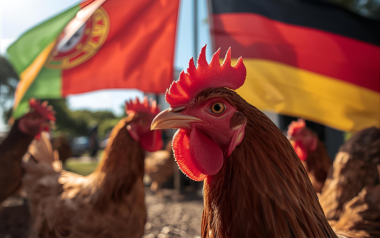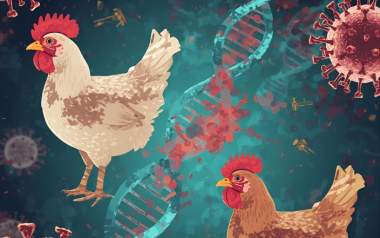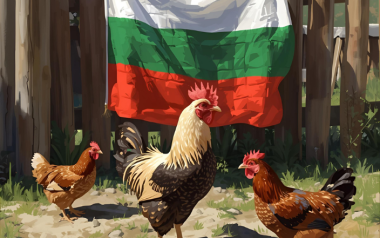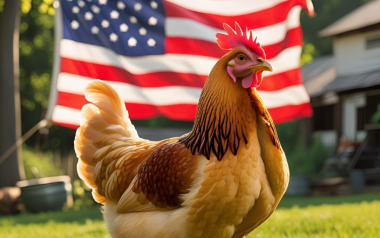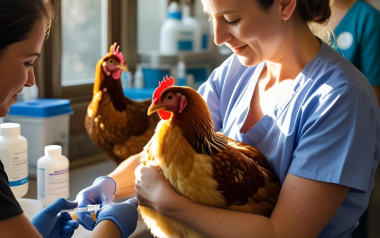The majority of campylobacteriosis cases are self-limiting. Although antibiotics are used generally for bacterial killing, treatment with antibiotics cannot completely prevent campylobacteriosis. In addition, the increasing resistance of Campylobacter to antibiotics is a growing public health concern worldwide and may cause adverse effects on human and animal health.
23 Jul 2021
Campylobacter spp in broilers and how to prevent it
From a food safety standpoint, Campylobacter jejuni is the most important bacteria in poultry production. It is one of the species responsible for the increased intestinal infections in humans with an origin in broiler farms. Contamination of carcasses with intestinal content in slaughterhouses is a frequent cause of transmission.
Available in other languages:
Content available at:
العربية (Arabic)
From a food safety standpoint, Campylobacter jejuni is the most important bacteria in poultry production. It is one of the species responsible for the increased intestinal infections in humans with an origin in broiler farms. Contamination of carcasses with intestinal content in slaughterhouses is a frequent cause of transmission. However, reducing the incidence of Campylobacter spp. in broilers farms has been demonstrated to decrease the number of human infections caused by this bacteria.
Thus, prevention strategies must be applied in commercial operations to decrease the colonization of Campylobacter jejuni and consequently the transmission to poultry products.
Strategies to control Campylobacter jejuni in broilers
Biosecurity measures
TO CONTINUE READING REGISTER IT IS COMPLETELY FREE
Access to articles in PDF
Keep up to date with our newsletters
Receive the magazine for free in digital version
REGISTRATION
ACCESS
YOUR ACCOUNT
LOGIN
Lost your password?







